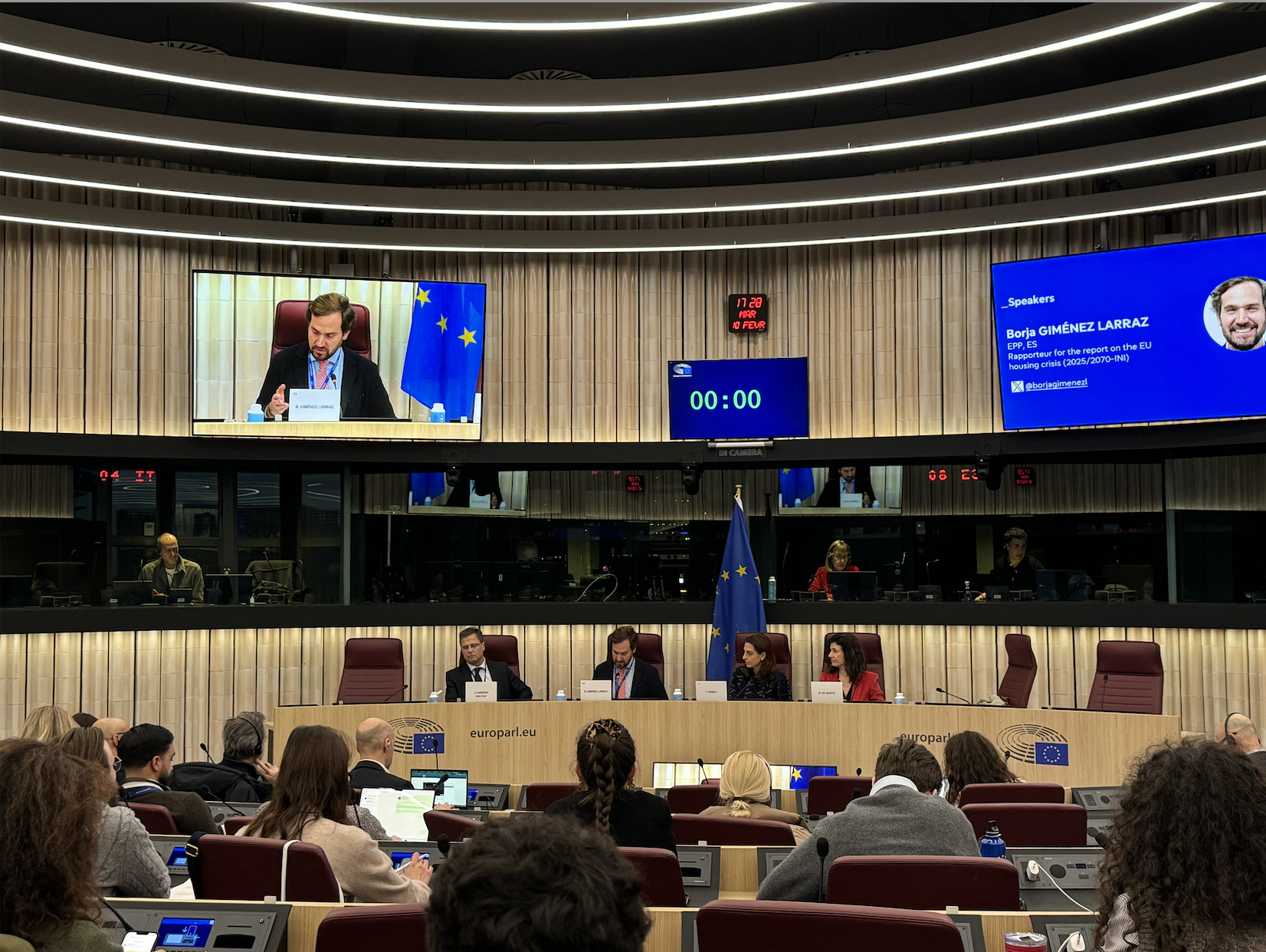Political developments are expected to be cataclysmic for Greece over the next few days in the wake of the leftist Greek government’s decision to proceed with a referendum on July 5.
Many, in fact, do not rule out the possibility of problems afflicting the government’s very stability even before that date, when voters will be called upon to answer “yes” or “no” to creditors’ proposal (and not the Greek government’s own proposal)
The crucial issue at hand relates to liquidity and the operation of Greek banks. The current bailout plan expires on Tuesday, and the ECB, according to reliable information, will not accept the Tsipras government’s request to continue pumping up Greek banks’ liquidity via the ELA mechanism for another two weeks — essentially the time period when the referendum will take place and time enough afterwards for negotiations to resume.
ECB president Mario Draghi’s stance is expected to be absolutely in line with the strict positions by representatives of the other institutions.
The fact that at the Euroworking Group, which convened on Saturday, did not adopt the proposal for an extension confirms information that the same position will be taken by the Eurogroup.
As a result, even if Draghi wanted to fulfill the Greek government request, he will now be obliged to adhere to the decision, which is mandated by the ECB’s charter.
When access to ECB liquidity ceases, Greece will not be able, by most accounts, to pay its 1.7-billion-euro installment to the IMF on June 30, while its reserves are considered as insufficient to pay the country’s civil servants in the first half of July.
As a result, a financial asphyxiation will be complete.
Nevertheless, some circles are painting this scenario as even more nightmarish, claiming that the danger of an overdraw of bank deposits on Monday — which banking circles deem as not too far fetched — may cause a recommendation by the Single Supervisory Mechanism (SSM) for Greek banks not to open their doors on Monday. That will occur in case the Greek government declines to institute capital controls.
The possibility of a suspension of Community funds through other financing sources, such as National Strategic Reference Framework, appears extreme. The same threat loomed over Cyprus, but after the initial “no” by the Cypriot house of representatives, that prospect never materialized when the house voted “yes”.
If Greek banks cannot meet demands for bank withdrawals on Monday then it appears that their closing is inevitable. When combined with the end of the bailout plan on Tuesday, then the early part of the week, if not the entire week, looms as a nightmare for the financial sector, not to mention the radical left government and the entire country.
The entire situation will be in state of confusion four days before a planned referendum. One ray of hope in the Greek economy, tourism, will also be thrown a major “curve ball” during the run up to the height of the summer season.
If these negative results are confirmed then the referendum will undoubtedly take a back seat.
Will the Tsipras government be able to effectively managed such extreme situations? It is not certain without the assistance from other political parties and European institutions.
The fact that the government has come out in favor of a “no” makes things even more difficult, as it brings Athens on a direct collision course with its institutional creditors.
If a referendum does take place, and if the “no” wins out, then the dominant view in other European capitals and international media is that Greece’s partners/lenders will not alter their plan, and the only option left for the country will be to leave the common currency and possible the country’s European orientation.
This prospect reasonably causes increased concern amongst the deputies, cadres and ordinary supporters of SYRIZA, but especially to the leaderships of the so-called pro-Europe political leaderships, who have recently multiplied contacts to deal with the challenges of the “next day”, especially if a problem with state stability arises.
The possibility that the “leap forward” that Alexis Tsipras attempted with his call for a referendum developing into a trap for himself and the government is now a very real reality.
Ask me anything
Explore related questions





